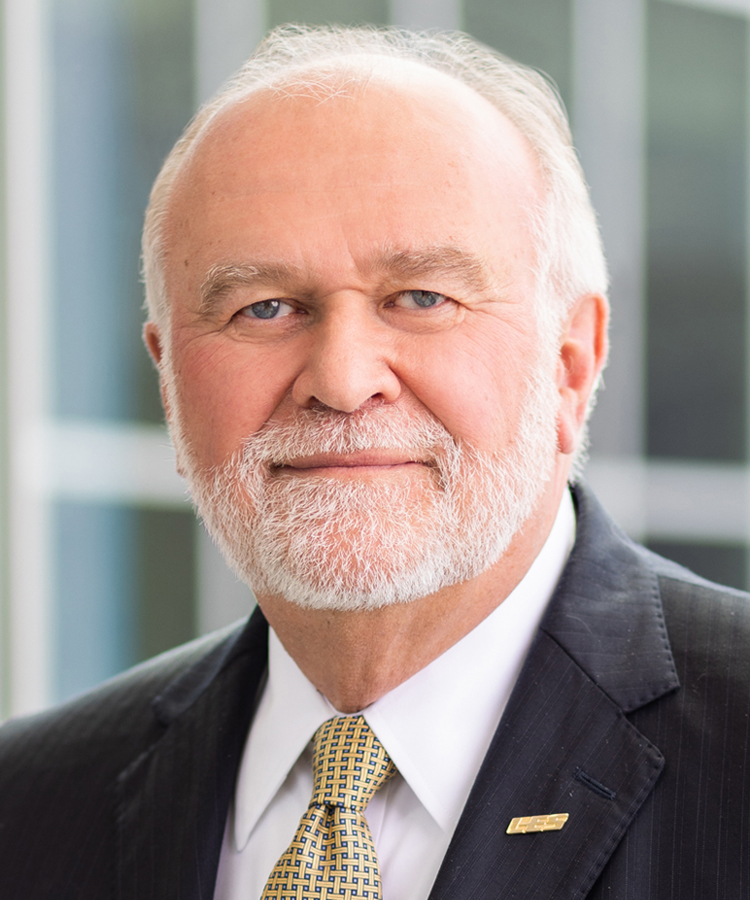A Q&A with Kevin Wailes, who has served as CEO of the Lincoln Electric System in Nebraska since July 2010. Prior to joining LES, he spent 23 years at the municipal electric utility serving Tallahassee, Florida — the last 15 years as general manager. Wailes also served as the superintendent of the Lamar Utilities Board in Colorado for six years in the early 1980s. He has served on the boards of the Colorado Association of Municipal Utilities, the Florida Electric Power Coordinating Group, the Florida Reliability Coordinating Council, the Southern/Florida Reliability Agreement Executive Council, the Florida Municipal Electric Association, and the American Public Power Association. He currently serves as a member and co-chair of the Electricity Subsector Coordinating Council and on the boards of directors of the Nebraska Power Association, the Lincoln Chamber of Commerce, and the United Way of Lincoln and Lancaster County. Wailes holds a degree in electrical engineering from Colorado State University.
 How did you come to work in public power?
How did you come to work in public power?
I worked for an electrical contractor during my college years doing linework and industrial electrical construction. My senior electrical engineering project involved an investor-owned utility. What occurred to me out of that experience was that I didn’t want to be in a big company where I was going to just be in one kind of engineering. When it came time to start looking for a job, I looked for a smaller utility that had all parts of the industry, and the position came up in Lamar (Colorado). The only other engineer was the manager, and the line superintendent was retiring, and so he wanted me to supervise the line crews, tree-trimming crews, and service crews — right out of college. The utility owned and operated generation, transmission, and distribution assets — even a gas transmission line and plant to fuel the power plant. So, one day I might be designing distribution lines, and the next day I might be troubleshooting in a power plant. The power plant manager went on extended leave, so I managed the power plant for a few months. Because it was a small utility, I got all that kind of experience. It was just one of those lucky opportunities.
What key lessons have you learned from working in this sector?
I became a passionate believer that public power is the best model. Being locally owned and locally governed provides such a wide array of community benefits. It’s not just high reliability and low rates, but a culture of public service. A few years ago, our T-shirts for one of our events read, ‘Helping people is what we do. Public Power is who we are’ That kind of sums up public power.
It’s the people in public power that make it work. The other tagline we commonly have is ‘Local people serving local people.’ In my mind, public power systems are planned and operated consistent with the values of the community they serve. Because of the size of most public power systems, we can provide a wide array of opportunities for our workforce — they can be involved in lots of different cross-functional teams and take on different kinds of assignments. They’re not just isolated in one specific area and can learn more about what you do in the community that way.
I don’t regret being in public power for a minute.
Is there an accomplishment you are most proud of from your time in public power?
Here, it’s reducing our carbon dioxide emissions by about 50% from 2010 to 2020, while maintaining a diverse power supply portfolio. At the same time, we expanded our renewable energy production from an equivalent of 10% of retail sales to about 50% of retail sales and maintained some of the highest reliability and lowest rates in the country. When you have these accomplishments, it’s not just you, it’s all the people you’re working with.
More broadly, how the Electricity Subsector Coordinating Council has developed over the last 12 years has been a great thing for our industry in terms of what we’ve been able to do with respect to physical security, cybersecurity, and mutual aid. Working through that group with our peer utilities, as well as with the federal government, has really enhanced mutual aid over the years and made the relationship between the industry so much stronger.
When we started, the industry did not have access to security clearances. That has changed dramatically, so we have access to information sharing, which is crucial. That emanated from our relationship with our federal government partners. That relationship is important, because when events happen, whether a cyber or physical security concern or a hurricane, we’ve got people we can call to get people together quickly. Those relationships give us the ability to be much more effective as an industry and recognize that electricity is important for the economy, public health and safety, and national defense.
What challenges should public power’s future leaders be prepared to face?
We have an awful lot of challenges that you just have to balance, and many of them are interrelated. Reliability, workforce, cybersecurity, supply chain — all of those things are interrelated. The climate extremes we’re seeing are impacting reliability, as is the decarbonization effort and electrification. A lot of times people think electrification is just [electric vehicles], but it’s much broader than that. If we’re going to be moving away from natural gas for heating and cooling, then that means we’re going to be using a lot more electricity, which means you’ve got to support much higher electric demands in winter.

